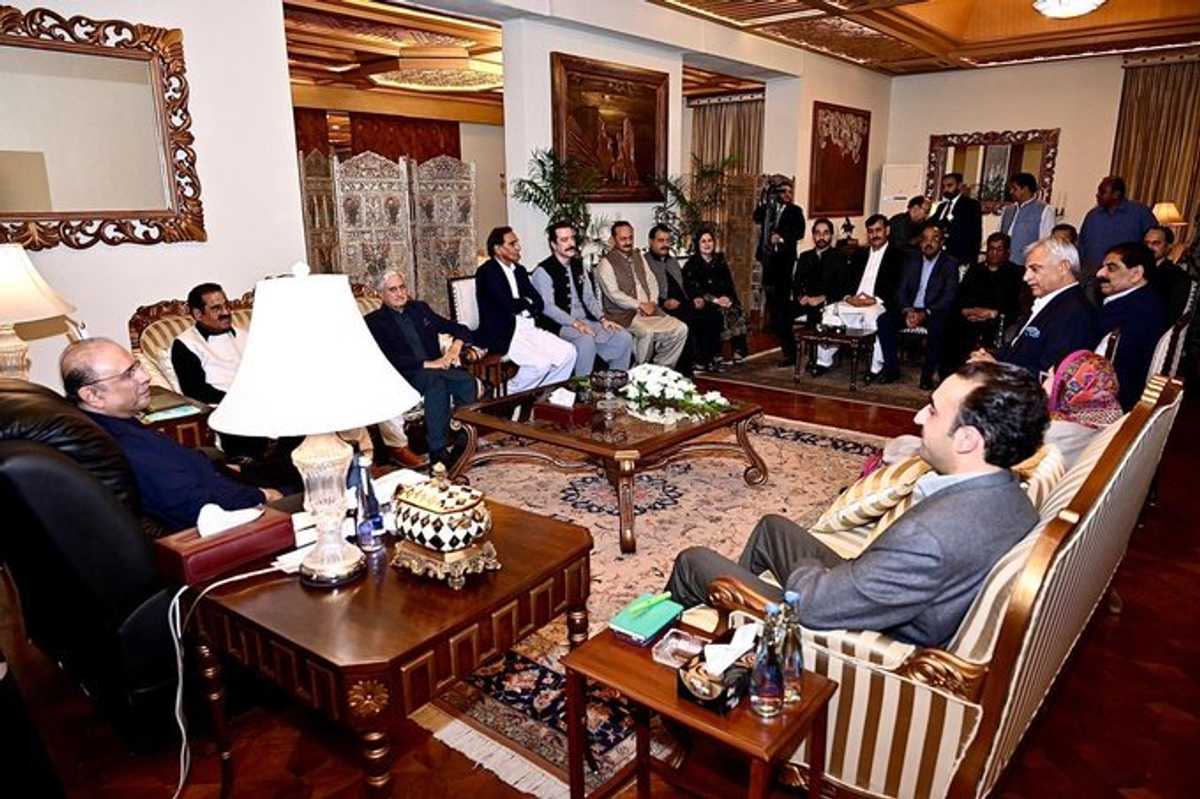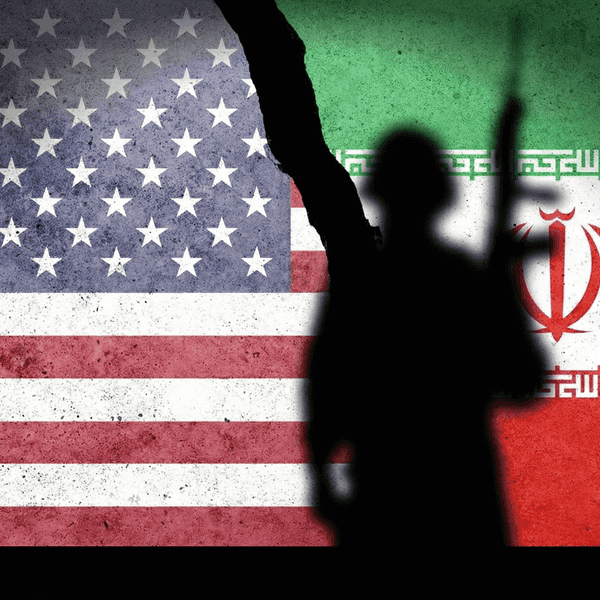Key coalition party holds swing power in Pakistan’s constitutional overhaul bid
The government needs PPP support to pass 27th Constitutional Amendment with a two-thirds majority in parliament

Asma Kundi
Producer, Islamabad
Asma Kundi is a multimedia broadcast journalist with an experience of almost 15 years. Served national and international media industry as reporter, producer and news editor.

Pakistan’s federal government, led by the Pakistan Muslim League-Nawaz, is trying to secure the two-thirds majority needed to pass the proposed 27th Constitutional Amendment, but its success hinges on the Pakistan Peoples Party, its key coalition partner.
Under Article 239 of the constitution, a two-thirds majority in both the National Assembly and the Senate is required to amend the constitution.
The government has presented the effort as a necessary step to introduce major structural changes. But the political math is tight — and fragile.
Delicate numbers game
In the 336-member National Assembly, at least 224 votes are needed for passage.
The coalition — including the Pakistan Muslim League-Nawaz, the PPP, Jamiat Ulema-e-Islam-Fazl, Muttahida Qaumi Movement-Pakistan and smaller parties — currently holds 237 seats.
That gives the government a 13-vote cushion.
But this majority depends heavily on the PPP’s 74 seats. If the PPP withdraws support after its Central Executive Committee meeting on Nov. 6, the coalition’s strength would fall to 163.
That would leave the amendment 61 votes short in the National Assembly.
Senate math even tighter
The Senate numbers are even more precarious.
The 96-member chamber requires 64 votes for a constitutional amendment. The government currently has 60.
The PML-N holds 20 seats and the PPP 26. The rest belong to smaller allies including MQM-P, PML-Q and BAP.
Even with full participation from coalition lawmakers, the government needs at least three independents or swing votes to reach the required majority.
Opposition parties led by Pakistan Tehreek-e-Insaf, now operating under the Independent banner in Parliament, have vowed to boycott and disrupt the process.
Their absence could simplify the vote procedurally. But it may also deepen political divides and trigger future legal challenges over a constitutional change lacking broad support.
A sweeping constitutional overhaul
The proposed 27th amendment seeks sweeping reforms: the creation of a Federal Constitutional Court, the re-centralization of education and population planning, adjustments to the National Finance Commission award and amendments to Article 243 governing the command of the armed forces.
Critics say the changes would roll back provincial autonomy granted under the 18th Constitutional Amendment.
If the PPP approves the amendment on Nov. 6, parliament could convene a joint sitting as early as the second week of November — similar to the fast-track passage of the 26th Constitutional Amendment in October 2024.
Risky politics
Political analyst Hasan Askari told Nukta that the government failed to establish a constitutional court through the 26th amendment and is now attempting to achieve that goal through the 27th.
He warned that consolidating power in Islamabad could ultimately backfire.
“Taking powers away from the provinces does not strengthen the federation,” Askari said. “These amendments reflect the government’s short-sighted approach and its desire for immediate political gains rather than long-term stability. What the government really seeks is political control, not institutional balance.”
Askari added that the proposal contradicts the PPP’s historical stance on provincial rights.
“However, the PPP is now part of the larger political order and will likely compromise its ideological position in the name of preserving the system,” he said.
'Amendment would lead to cuts in provincial budgets'
Commenting on the financial implications, analyst Salman Ghani told Nukta that the amendment would lead to cuts in provincial budgets — a change he said would be difficult to implement.
Provinces currently control more resources, while the federal government struggles with defense spending obligations.
“Everything is happening in a very secretive way,” Ghani said. “We might see a repeat of what happened during the 26th Amendment — when there was no draft till late at night, and the very next day it was suddenly presented in the assembly.”
He said “the ball is now in PPP’s court — it remains to be seen whether they choose to compromise or not,” noting that Punjab is already sharing funds with Baluchistan and Khyber Pakhtunkhwa.
According to Ghani, political parties in Pakistan have become too weak to resist pressures.
“If they weren’t so fragile, this situation wouldn’t exist — nor would the PPP be forced to compromise,” he said. “Parties that come to power through support are always weak.”
He added that “It now seems that federalism is beginning to dominate once again.”
For now, the government’s strategy depends on coalition discipline and flawless attendance.
In Pakistan’s unpredictable politics, where alliances shift quickly, the final vote count will determine whether the 27th Amendment becomes law — or joins a long list of stalled constitutional changes.







Comments
See what people are discussing